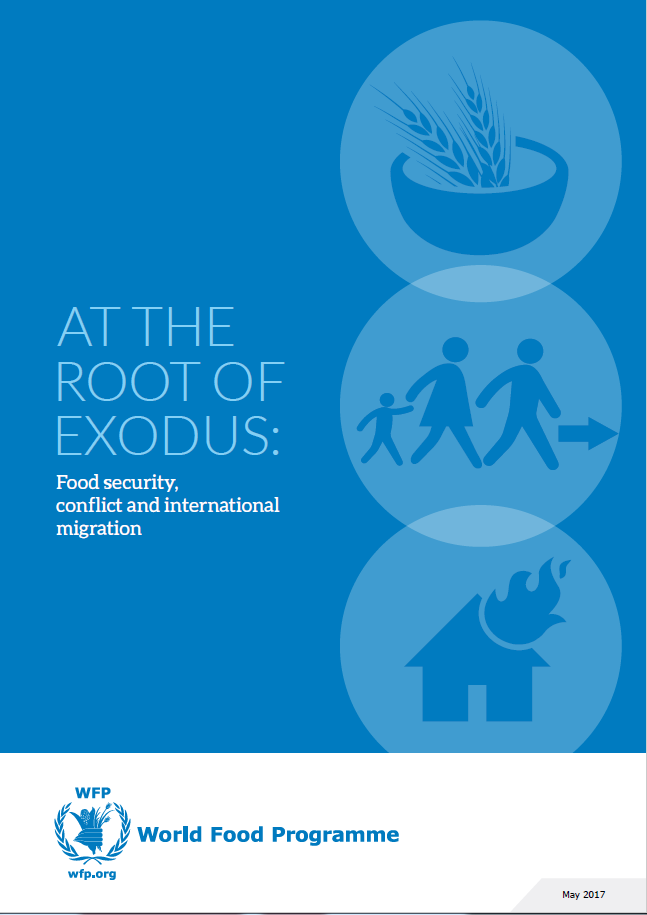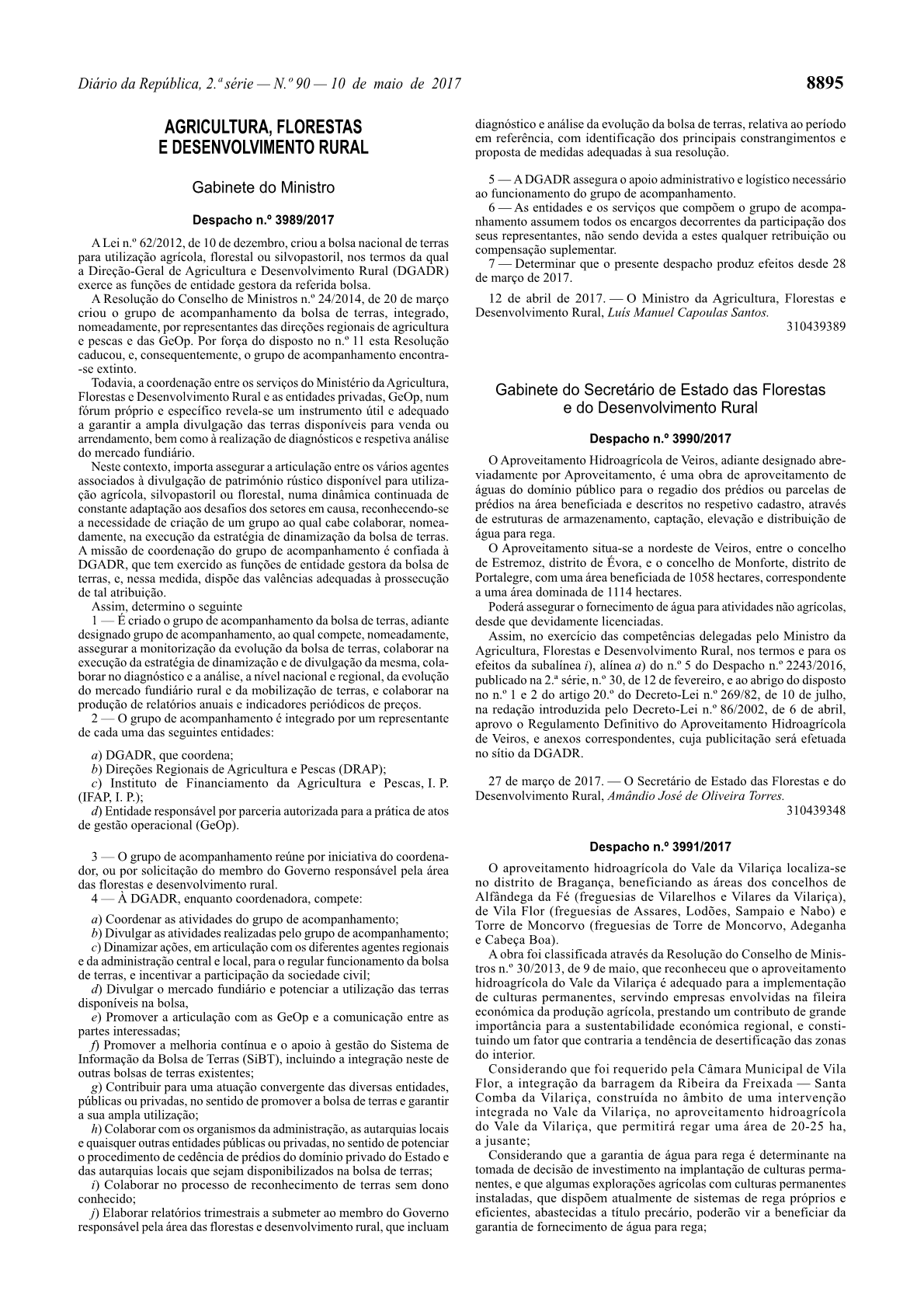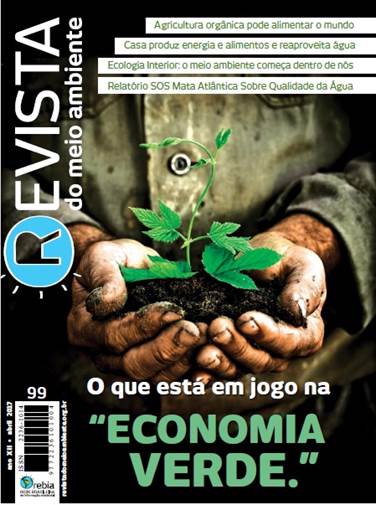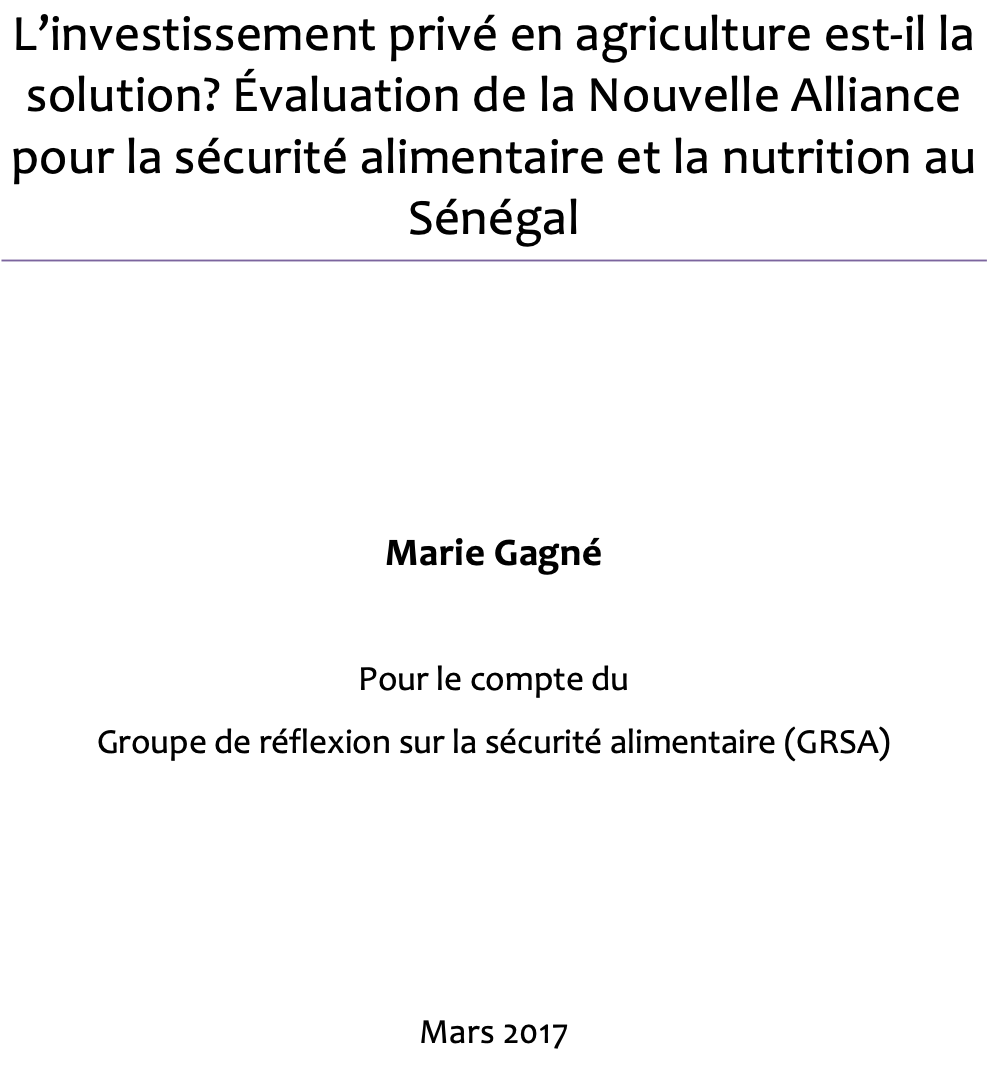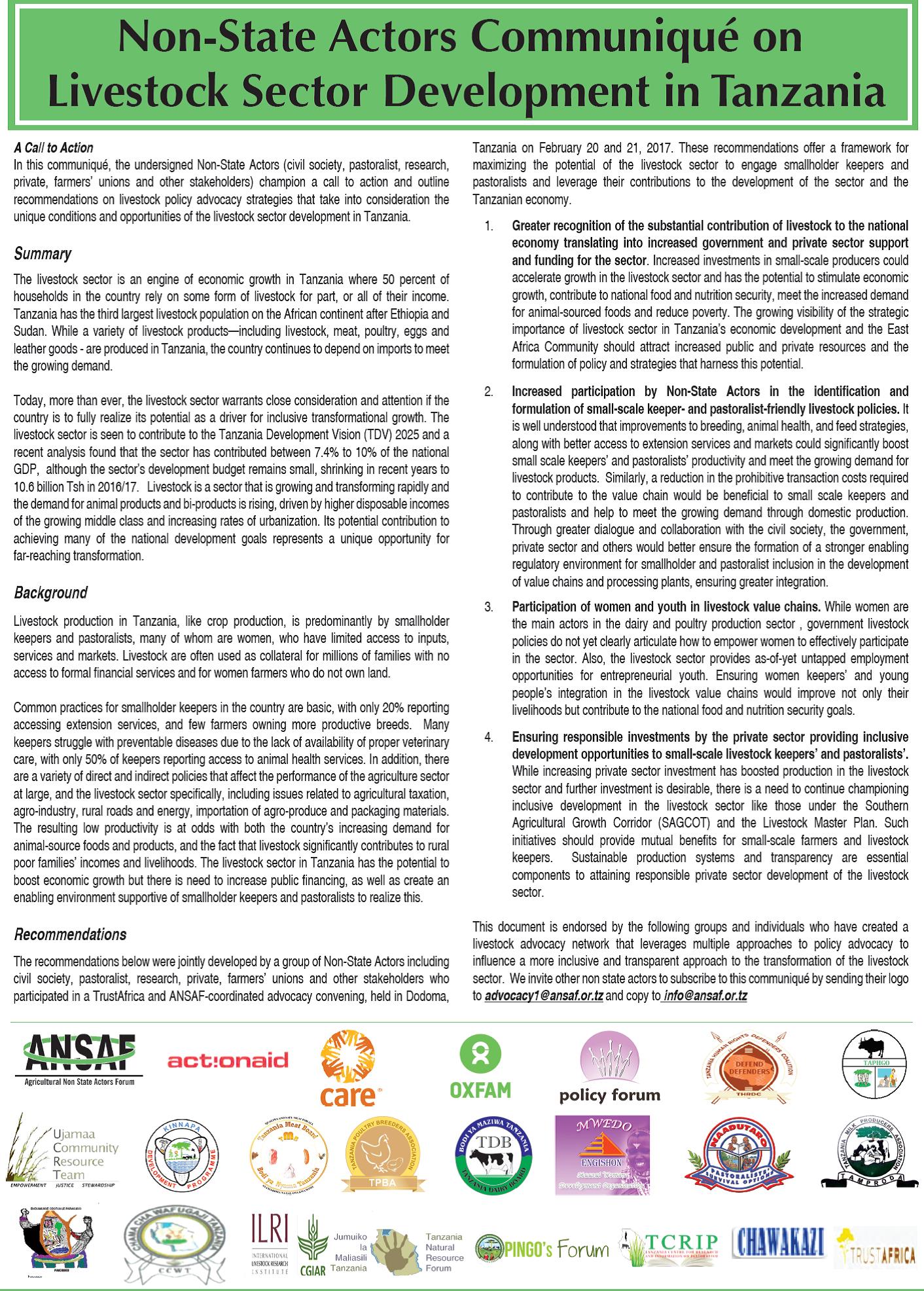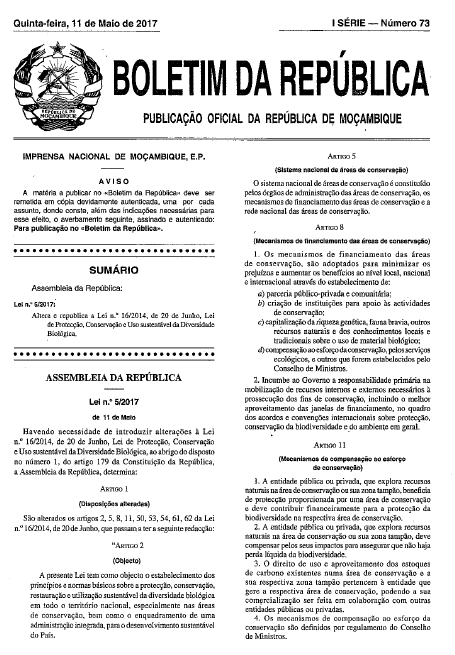At the root of exodus: Food security, conflict and international migration
As an international actor in addressing food insecurity among refugees and other migrants, the World Food Programme (WFP) has undertaken a research study to determine the role that food security plays in cross-border migration. Given the dearth of data on this topic, the WFP study sought to answer some of the following questions: What is it that compels people to leave their homes? What role does food insecurity play in migration? Are these factors common across all international migrants, or do unique root causes spur specific migrant populations to move from their homes?

